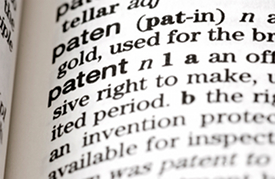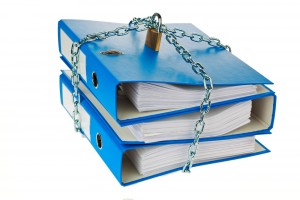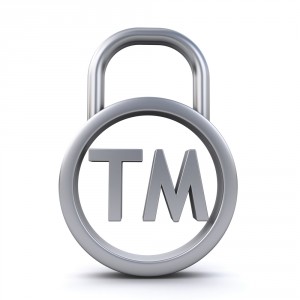 Yesterday Facebook and Mark Zuckerberg scored a huge win against Paul Ceglia, the plaintiff claiming 50% ownership of the social media company, but whose allegations the defendants have consistently maintained are based upon a fraudulent work for hire document.
Yesterday Facebook and Mark Zuckerberg scored a huge win against Paul Ceglia, the plaintiff claiming 50% ownership of the social media company, but whose allegations the defendants have consistently maintained are based upon a fraudulent work for hire document.
In a 24-page decision and order (D&O) issued Wednesday (read it below), U.S. Magistrate Judge Leslie Foschio granted Zuckerberg and Facebook what appears to be a huge advantage in this closely watched case, approving their entire motion for “a protective order relieving them of any obligation to provide responses to all of [Ceglia]’s documents requests, and many of Plaintiff’s interrogatories.” Judge Foschio deemed all of the items the defendants wanted to bar “irrelevant” to Ceglia’s defense of the defendants’ summary motion to dismiss the case.
In granting the Zuckerberg and Facebook’s motion for a protective order, the court noted that Ceglia’s interrogatories and document fell outside the scope of the court’s April 30, 2012 D&O limiting the scope of discovery. Judge Foschio concluded that the six (6) year statute of limitations for breach of contract claims remained “the primary issue raised by Defendants’ Summary Judgment Motion.” Zuckerberg and Facebook have steadfastly maintained that “Ceglia’s Work for Hire document is [a] forgery.”
The purported document’s authenticity — or lack of it — is key to any court ruling on whether or not Ceglia’s claim to own 50% of the social media company is valid and enforceable. Handwriting and digital forensic experts remain an essential part of the case, assessing whether or not the alleged work for hire document is genuine.

 A heads up to all our Free Law Friends that next week is the 6th annual Open Access Week (October 22 – 28). Appropriately, it will be celebrated “everywhere”. Check out the
A heads up to all our Free Law Friends that next week is the 6th annual Open Access Week (October 22 – 28). Appropriately, it will be celebrated “everywhere”. Check out the  Evolutionary Intelligence, LLC sued
Evolutionary Intelligence, LLC sued  Why would a defendant litigate over four and a half years, finish conducting discovery, tell a court that it’s ready for trial, and then – only then – ask a plaintiff to admit that he posted photographs on Facebook and other social media sites?
Why would a defendant litigate over four and a half years, finish conducting discovery, tell a court that it’s ready for trial, and then – only then – ask a plaintiff to admit that he posted photographs on Facebook and other social media sites? The European Union (EU) is expected to announce legal action against
The European Union (EU) is expected to announce legal action against  For several months, Facebook has
For several months, Facebook has  Apple, Inc. was hit with a patent infringement lawsuit Thursday (read it below) alleging that the company’s iPad 3 tablets and Macbook Pro computers violate four light emitting diode (LED) patents. The case was filed in in federal court in Delaware by claimed patent holder LED Tech Development LLC, a Delaware limited liability company based in Tyler, Texas, the city that is a patent litigator’s
Apple, Inc. was hit with a patent infringement lawsuit Thursday (read it below) alleging that the company’s iPad 3 tablets and Macbook Pro computers violate four light emitting diode (LED) patents. The case was filed in in federal court in Delaware by claimed patent holder LED Tech Development LLC, a Delaware limited liability company based in Tyler, Texas, the city that is a patent litigator’s  Dept of Texas, Veterans of Foreign Wars v. Texas Lottery Commission
Dept of Texas, Veterans of Foreign Wars v. Texas Lottery Commission Apple was sued for copyright infringement on Wednesday by Swiss fashion and beauty photographer
Apple was sued for copyright infringement on Wednesday by Swiss fashion and beauty photographer  The
The